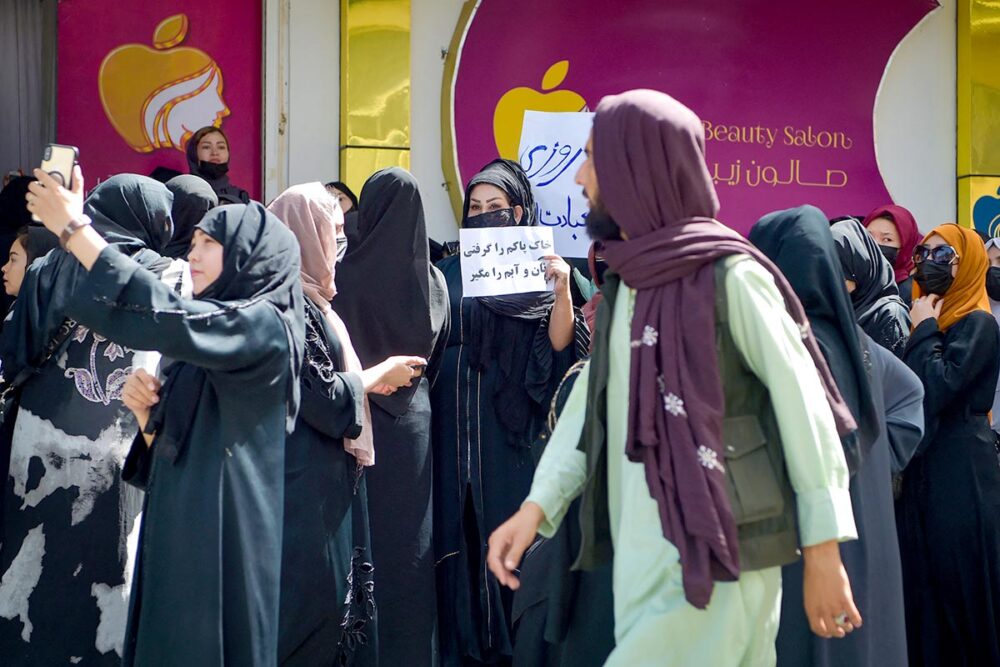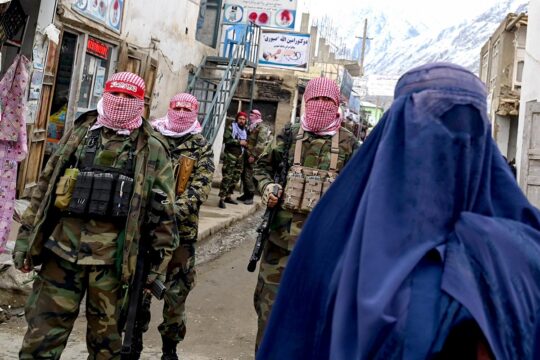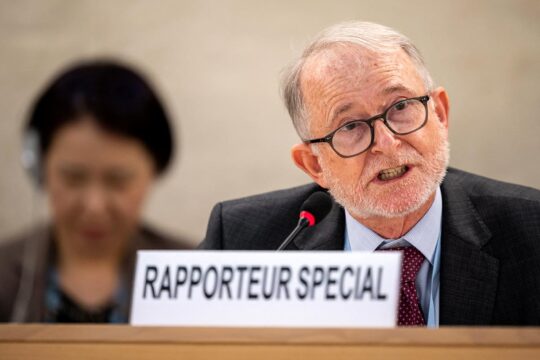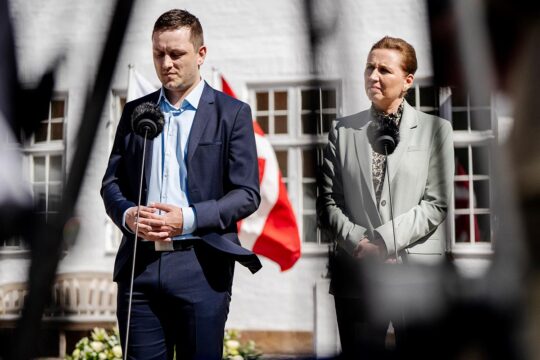With the Taliban takeover of Afghanistan in August 2021, following decades of international military intervention and peace negotiations, numerous draconian restrictions were imposed on women. These included bans on secondary and higher education, prohibitions on most forms of employment, and severe limitations on freedom of movement, often requiring women to be accompanied by male guardians when leaving their homes. Under the control of the Taliban, Afghan women have been deprived of their most basic human rights and freedoms. On August 21, a new law imposed additional restrictions, including on their right to sing, read poetry or read in public.
While boys and men have also faced oppression under Taliban rule for failing to conform to the official line, women continue to bear the brunt. The case of 15-year-old Arzo illustrates this harsh reality. Arzo dreamed of becoming a doctor, but her aspirations were shattered when the Taliban banned female education in 2021. Confined to her home and barred from pursuing her career, Arzo’s situation became so unbearable that she attempted suicide by drinking battery acid two years after the Taliban took power.
The Taliban’s ideology calls for the subjugation of women, and its hold on power largely depends on the success of this endeavour. This is gender apartheid. Ultimately, gender apartheid is a severe form of inequality that perpetuates violence against women. Although recognized by many lawyers, NGOs, and international actors, the concept of gender apartheid has not yet been codified in international law. Consequently, the most severe abuses against women often go unpunished. It is imperative to take concrete steps to incorporate the concept of gender apartheid into international law and to muster the political will necessary to achieve this.
The push to recognize gender apartheid
A global activist movement against gender apartheid has emerged over the past two decades, aiming to isolate, oppose, and reverse its extreme forms, particularly in places like Iran and Afghanistan, but also in all traditional societies across the world where the phenomenon manifests. The movement began to develop in the early 2000s and continues to grow, involving activists from major countries such as the US, the UK, Canada, and numerous European democracies, working to empower those affected and lobbying for robust international laws that criminalise gender apartheid. NGOs such as Human Rights Watch and Amnesty International have played a central role in raising awareness about gender apartheid, particularly in Afghanistan and Iran. Human Rights Watch has released numerous reports on the devastating effects of Taliban policies on Afghan women. Amnesty International has also been vocal in criticising these policies and has repeatedly called for international intervention since early August 2021, especially concerning the ban on women’s work.
There have been significant mobilisation and advocacy efforts. The United Against Gender Apartheid project, launched in 2021 and sponsored by the World Liberty Congress, aims to galvanise international resistance against gender apartheid. Similarly, the End Gender Apartheid campaign, launched in March 2023, partners with the White Ribbon Campaign and other global human rights NGOs. This campaign seeks to raise international awareness about the harsh realities faced by Afghan women and girls under Taliban rule.
As for the UN, its Special Rapporteur on Afghanistan Richard Bennett recently noted that “gender apartheid is a clear and serious violation of human rights and constitutes a crime against humanity”. In his report, he underscores the urgent need for both “international action and legal recognition”.
Acknowledging these specific forms of crimes against humanity is not only morally justified but legally essential; failing to do so allows numerous perpetrators to escape accountability while women worldwide continue to suffer. To correct this profound injustice, we must advocate for the recognition of gender apartheid in international human rights and criminal law.
Legal gaps on Gender Apartheid
This includes advocating for the inclusion of gender apartheid as a crime against humanity in the Rome Statute of the International Criminal Court. Putting gender apartheid into international law requires consistent political support backed by diplomatic endeavours. Amendments to the Rome Statute might take long due to complex procedures, or even face opposition from various quarters. But if enough States lend support, they could make it happen sooner rather than later.
There is also a need for change within the UN framework. Today, texts such as the Convention on the Elimination of All Forms of Discrimination Against Women (CEDAW), adopted in 1979 and effective since 1981, and the International Covenant on Civil and Political Rights (ICCPR), adopted in 1966 and effective since 1976, address various forms of global gender inequities. However, they do not specifically address gender apartheid. By making these instruments more effective and explicitly including new provisions and protocols against gender apartheid, we can help prevent such extreme violations from occurring now and in the future.
Amendments to protect the rights of women would send a clear message globally that no form of discrimination against women and girls shall be tolerated anywhere.
International organisations, particularly the United Nations, must be at the centre of this process. Among other things, the UN can facilitate dialogue between member states; offer technical aid for legal reform efforts; and oversee compliance with global standards. UN mechanisms like the Human Rights Council or Commission on the Status of Women could become platforms for advocating inclusion of gender apartheid into international law.
Call to action
In most cases, significant legal amendments happen when there is strong leadership from politicians coupled with joint efforts made at different levels worldwide; such it was with adoption of the Rome Statute after long years of negotiations. Activists and their supporters must consistently engage with policymakers, diplomats, and heads of international organisations to secure political and diplomatic backing. They should also shape public opinion by launching awareness campaigns and leveraging media as an advocacy tool.
The current geopolitical landscape presents both challenges and opportunities for addressing gender apartheid on a large scale. While geopolitical rivalries and competing priorities may pose obstacles, there are unprecedented opportunities due to increased global awareness of women’s and girls’ rights violations. This heightened awareness provides fertile ground for advancing legal reforms.
Universal recognition of gender apartheid and urgent action towards its abolition are crucial for achieving genuine equality and advancing human rights globally. Until systemic discrimination and violence against women are universally condemned and addressed, meaningful progress remains elusive. This is not an optional pursuit but an urgent necessity, and it is within our reach.

Nilofar Ayoubi is a human rights defender from Afghanistan. She established the Women’s Political Participation Network, uniting women from diverse backgrounds to advocate for collective political rights. When the Taliban retook power in August 2021, she was prioritized for urgent relocation to Poland, where she has temporary residency status. She is one of the founding members of #UnitedAgainstGenderApartheid. She also serves as CEO of Asia Times.Af and Editor at Akhbar Afghan, and is Middle East and North Africa regional secretary for the World Liberty Congress, a global democracy movement.







